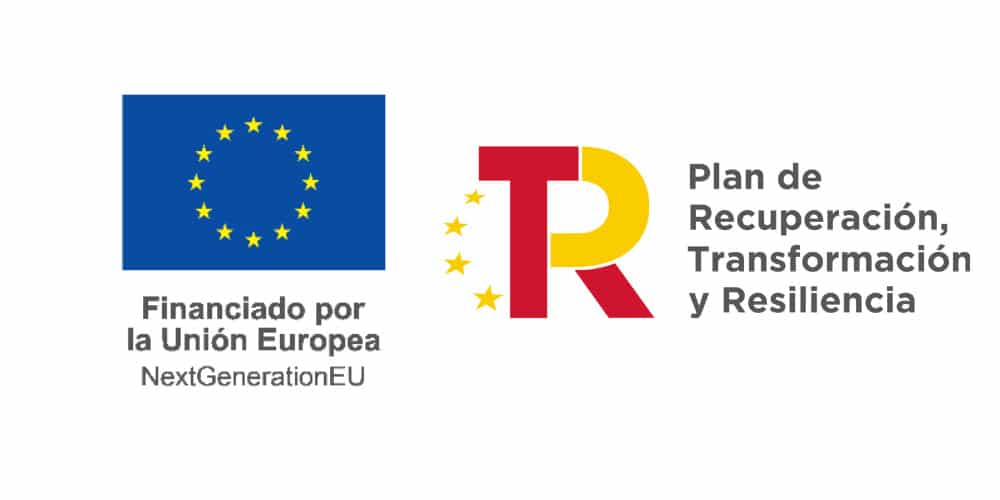
N) Real Estate Spain: Taxes
The Spanish Real Estate market requires familiarity with tax regulations for buying, renting, and selling properties. This guide outlines key tax obligations and explains how ACCOMPANY can support you in making informed and compliant real estate transactions.

Introduction
In the realm of Spanish Real Estate, whether you’re buying, renting, or selling, a comprehensive understanding of regulations, taxes, and specific considerations is essential. From vibrant urban centers to tranquil coastal retreats, Spain offers diverse opportunities for property investment. This guide provides crucial insights into the processes of buying, renting, and selling Real Estate in Spain, empowering you with the knowledge to make informed decisions that align with your investment goals.
How Can ACCOMPANY Help?
ACCOMPANY offers comprehensive support for navigating the complexities of Real Estate transactions. Our team of seasoned professionals provides tailored advice to ensure that property owners understand the tax implications, regulatory requirements, and legal considerations associated with their renovation or reconstruction endeavors. By leveraging our expertise, clients can confidently maneuver through the intricate landscape of Real Estate transactions, maximizing their financial returns while minimizing potential risks. Contact us today to learn more.
FAQ on Spanish Real Estate
Spain’s Real Estate market has long attracted foreign buyers, drawn by the country’s pleasant climate, vibrant culture, and relatively affordable property prices. However, buying, renting, or selling a property in Spain involves understanding various tax regulations that are crucial. This guide provides an overview of when VAT (IVA) and Transfer Tax (ITP) apply, and how ACCOMPANY can assist you through these complex processes. For more general questions, visit our FAQ section.
Buying Spanish Real Estate
VAT (IVA – Impuesto sobre el Valor Añadido)
- Applicability: VAT is applicable on the first transfer of new Real Estate. If you buy a new house from a developer or builder, you will have to pay VAT.
- Rate: The standard VAT rate for residential properties in Spain is 10%. For social housing (VPO – Viviendas de Protección Oficial), a reduced rate of 4% may apply.
- Commercial Properties: The purchase of commercial properties or building land typically falls under the standard VAT rate of 21%.
Renovation vs. Reconstruction in Real Estate
Understanding the difference between renovation and reconstruction is crucial when purchasing Real Estate in Spain. Renovation involves refurbishing or updating existing structures without fundamentally altering their core elements. On the other hand, reconstruction entails extensive modifications that essentially result in a new property, such as demolishing and rebuilding structures or making significant design alterations.
Financial and Legal Ramifications: Treating a renovation as reconstruction for tax and legal purposes can have significant implications. Properties undergoing reconstruction may be subject to the same taxes and regulatory requirements as new constructions, including VAT on the first transfer. It’s essential to understand these distinctions to comply with local regulations and optimize your investment strategy.
Transfer Tax (ITP – Impuesto sobre Transmisiones Patrimoniales) in Buying Real Estate
- Applicability: Transfer tax applies to the purchase of existing properties (second and subsequent transfers).
- Rate: The rate for transfer tax varies by autonomous region and typically ranges between 6% and 10%.
Specific Scenarios
New Property from a Developer: When purchasing a new property, you pay 10% VAT, along with notary fees, registration fees, and stamp duties (Actos Jurídicos Documentados – AJD), which typically amount to around 1.5%, depending on the region.
Existing Property from an Individual: When purchasing an existing property, you pay Transfer Tax (ITP). The rate varies by region, for example, 10% in Andalusia and 6% in Madrid.
Commercial Property: The purchase of commercial property or building land falls under the standard VAT rate of 21%, unless it is a second transfer, in which case ITP applies.
Other Important Considerations
Notary and Registration Fees: Besides VAT and ITP, you also need to consider notary and registration fees, usually borne by the buyer.
Stamp Duties (AJD): For new construction projects, stamp duties vary from 0.5% to 1.5%, depending on the region.
Renting Spanish Real Estate
Understanding the nuances of Value-Added Tax (VAT) in the realm of vacation rentals poses a significant challenge for landlords, particularly in jurisdictions like Spain. The pivotal question is not merely categorizing properties as standard rentals or hotel-like services but rather discerning when a vacation rental qualifies for VAT inclusion. This determination hinges on whether the property offers hotel-like amenities and services.
VAT on Vacation Rentals
- Applicability: If services specific to the hotel industry are provided, the rental of a tourist apartment will not be exempt from VAT and must be taxed at the reduced rate of 10% as a hotel establishment (art 91.uno .2. 2 LIVA).
- Criteria: A property is considered a vacation rental if it meets any of the following criteria:
- Owned by a rental company.
- Listed in advertisements (online or offline).
- Offers additional services.
Differentiating Between Typical Rentals and Hotel-Like Services
- Hotel-Like Services: These include customer service beyond the provision of a property, such as concierge services, daily cleaning, changing bed linen and bath towels, laundry, luggage storage, accommodation booking, room service, and catering services.
- Standard Property Rentals: Services that do not fall under hotel-like services include:
- Cleaning services at the beginning and end of the stay.
- Change of bed linen and towels at the beginning and end of the stay.
- Cleaning of communal areas and maintenance services for repairs.
Selling Spanish Real Estate
Selling a property in Spain also involves understanding and complying with various tax obligations.
Transfer Tax (ITP) on Subsequent Transfers
- Applicability: Transfer tax is applicable on the sale of existing properties (second and subsequent transfers).
- Rate: The rate for transfer tax varies by autonomous region, usually ranging between 6% and 10%.
Other Considerations
- Capital Gains Tax: Sellers must pay capital gains tax on the profit made from the sale of a property. The rate varies depending on the amount of profit and the seller’s residency status.
- Notary and Registration Fees: Sellers may also need to cover these fees, which are part of the overall cost of selling a property.
Conclusion
The Spanish Real Estate market requires a thorough understanding of the various tax regulations that apply to the purchase, rental, and sale of property. Whether dealing with VAT for new constructions, Transfer Tax for existing homes, or VAT implications for vacation rentals, knowledge of these rules is essential. With the right guidance, such as that provided by ACCOMPANY, you can confidently enter the Spanish Real Estate market and enjoy your investment in this beautiful country. ACCOMPANY is dedicated to ensuring that your Real Estate transactions are handled smoothly and efficiently, allowing you to focus on the excitement of your new property adventure.
